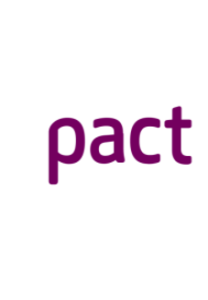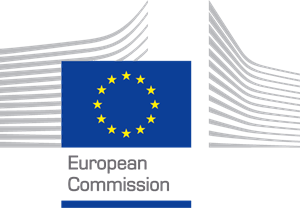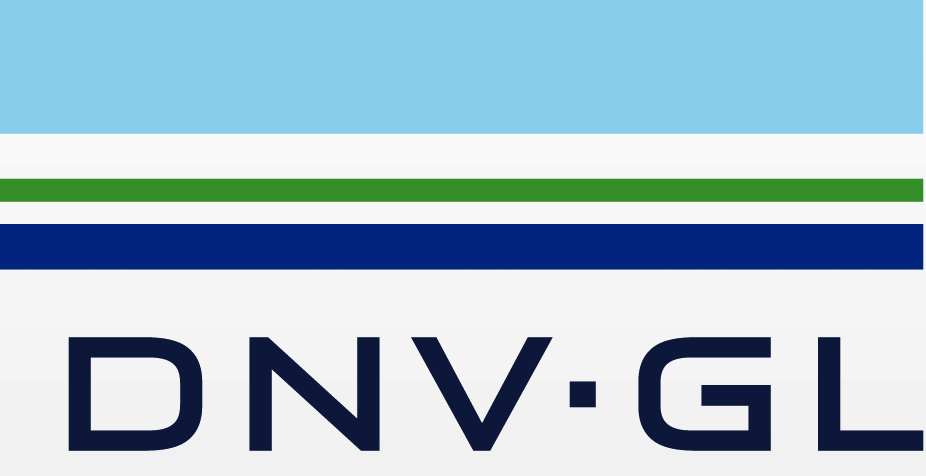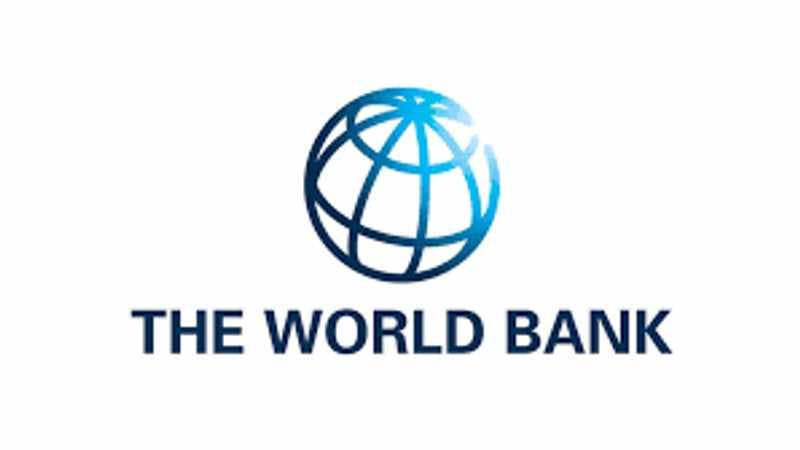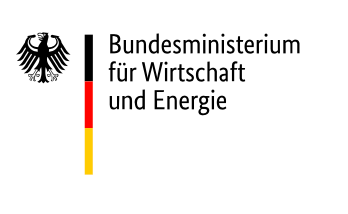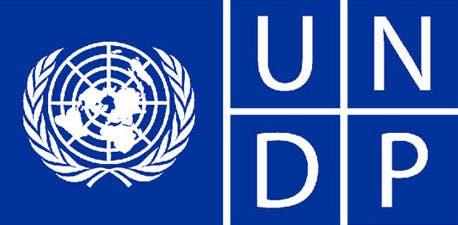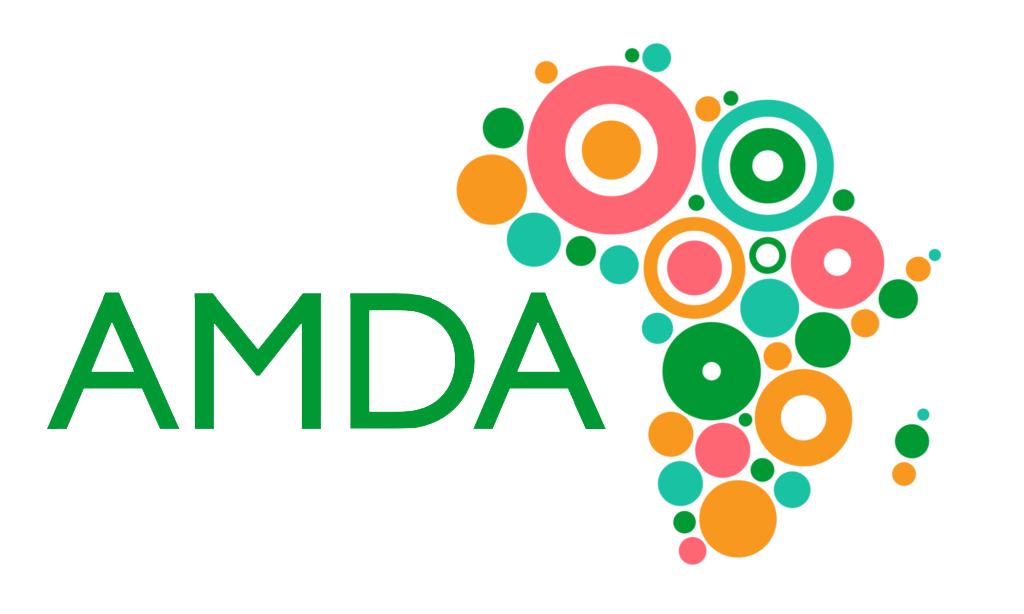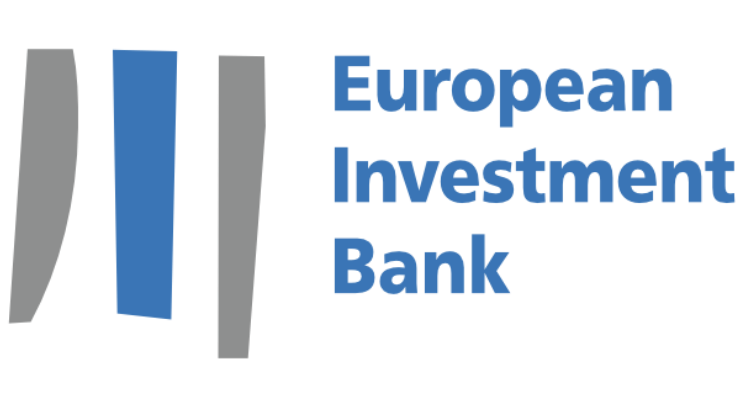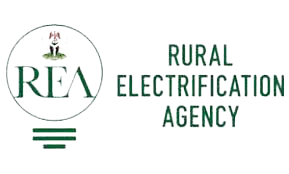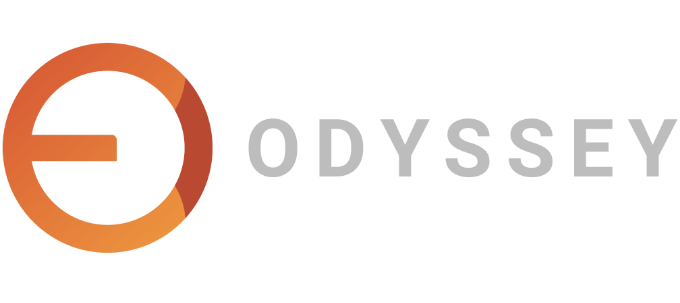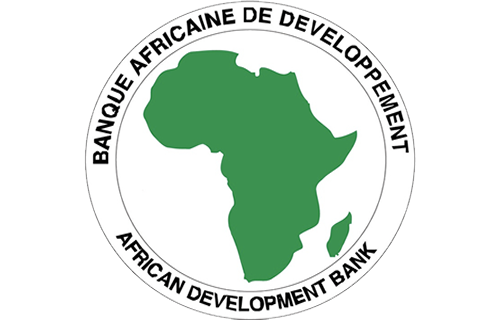TFE blends energy access expertise and digital technology to catalyse community-centred development.
Our Work...
Our latest projects Show all
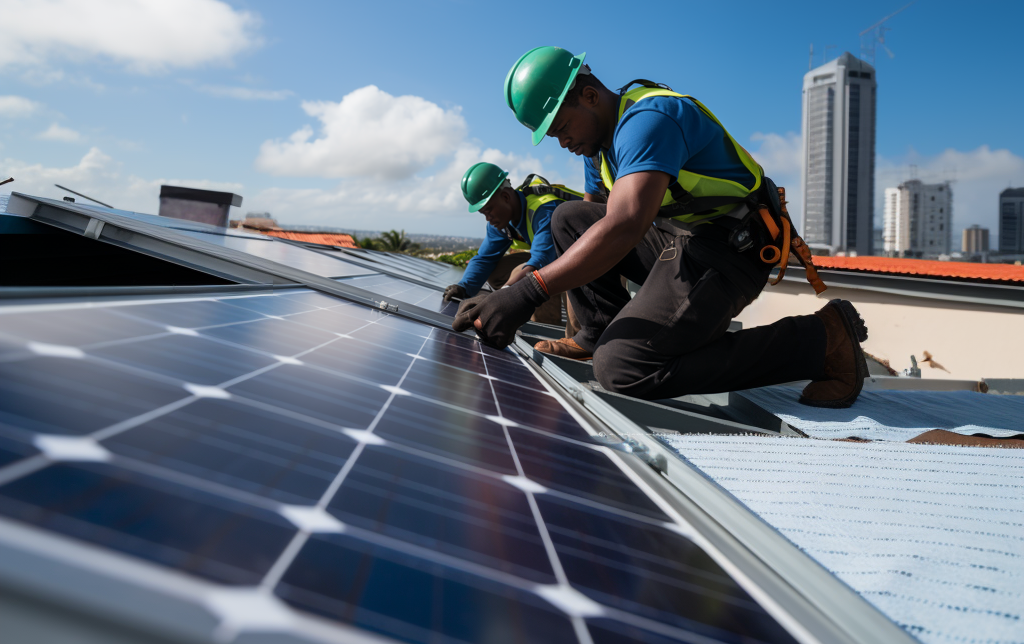
Financial Aggregation for Distributed Renewable Energy in East Africa
Financial aggregation is a process in which various assets are grouped together and financed or refinanced by investors, based on the future cash flows from these assets. UNDP’s Climate Aggregation Platform seeks to promote the scale-up of financial aggregation for small-scale, low-carbon energy companies in developing countries. TFE was contracted to assess the potential of these financial instruments in East Africa, to compile an action plan on steps to address barriers and to develop several knowledge products that will ease the process of closing deals and grow the market towards aggregation-readiness.
We mapped mini-grid, off-grid solar, productive use, captive power (C&I) and e-mobility companies and investors, determined the state of infrastructure, macro-economic, political and demographic conditions and enabling environments needed for DRE financial aggregation and sized the addressable market. We developed country action plans that outline actionable recommendations for moving the market closer to aggregation readiness in each country and also implemented them.
Download the 3-part report series (Uganda, Rwanda and East Africa) from the UNDP website , and watch a recording of our presentation of findings .
Read more
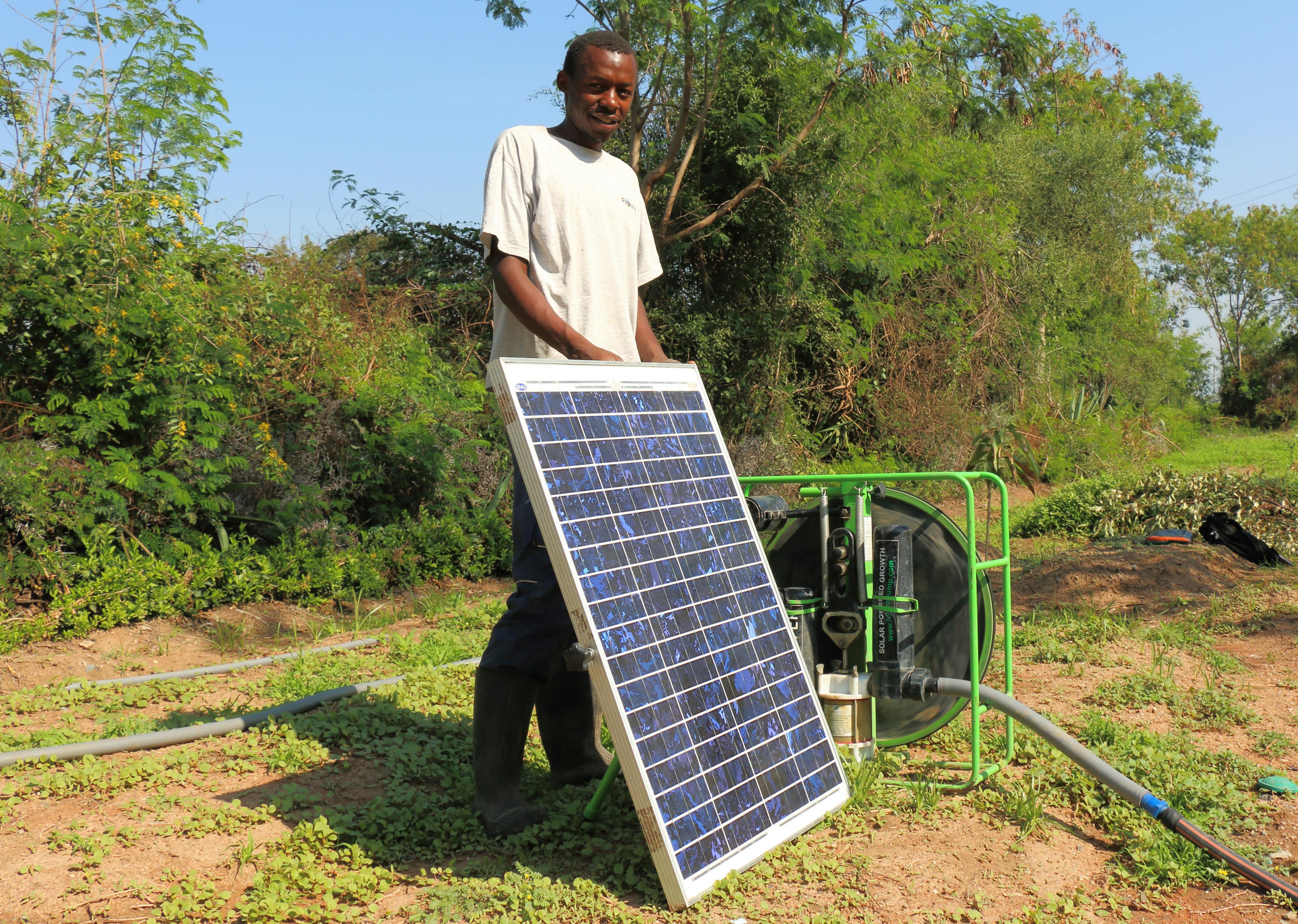
Renewable Energy for African Agriculture
Smallholder farmers are the breadbasket of sub-Saharan Africa. They are responsible for 80% of the region’s agricultural output. Despite their critically important role, they are largely neglected, often living outside the reach of critical infrastructure. Electricity, which plays a vital role in agricultural productivity, remains especially elusive. 80% of the region’s rural population are smallholder farmers and only 29% of this population has access to electricity. Accelerating the pace of electrification would require a fundamental shift in how electrification interventions, especially those in rural areas, are designed and implemented. This report seeks to introduce such a paradigm shift. It compiles extensive research conducted by TFE with support from industry partners as part of the Renewable Energy for African Agriculture (RE4AFAGRI) project of the Long Term Joint EU-AU Research and Innovation Partnership on Renewable Energy, funded by the European Commission.
Download the report and open-source model below. For more information, access our project website .
Photo credit: Martin Wright / Ashden
Read more
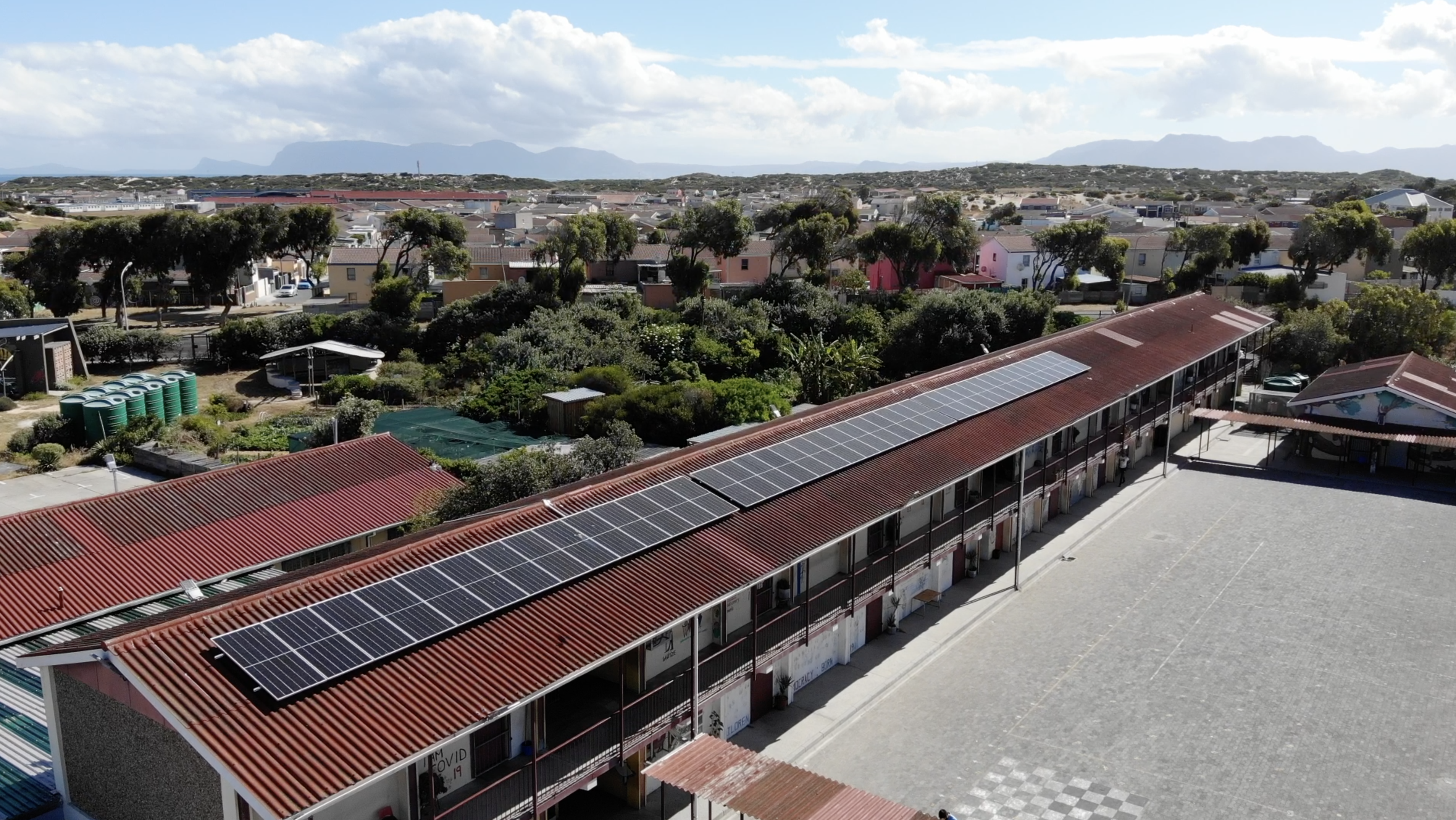
TFE's Solar Schools initiative
The energy landscape in South Africa is in disarray with daily energy blackouts disrupting industry, forcing the closure of small businesses and affecting the lives of millions of people. Young people are disproportionally impacted by these challenges, not least of all because of the vulnerability of their schools. Teaching is crippled by the blackouts and yet schools cannot afford a back-up solar system.
See our promotional Solar Schools video .
The Smart Schools project is designed to solve exactly this problem. We pay for and install a solar system to reduce the school’s dependency on the grid and keep the classrooms functioning through the black-outs. Smart meters measure all energy use and the school pay for each unit of solar electricity used at a rate pegged at 20% lower than the standard grid tariff. This revenue is used to pay back any initial loans and provide for all maintenance of the system. On top of this, money is set aside for a School Improvements Fund for the school to spend on new library books or computers (for example). Finally, funds are also set aside for the Pay-It-Forward Fund which ensures that after a few years, there is enough capital in place to install solar on another school.
This way the project is not only sustainable, but doubles its impact every few years. Through the Smart Schools project, finance finally becomes regenerative.
The system includes 43 Jinko 470W PV panels, a pair of SunSynk inverters, a single Freedom Won 15kWh lithium-ion battery array and remote control and monitoring equipment. This system is designed to generate 28,079 kWh of electricity per year, which saves the school 70% of their electricity costs.
Read more
Energy Access for Development along the Southern Guinea Growth Corridor
Rio Tinto engaged TFE to undertake a scoping assessment in order to ascertain which opportunities exist for energy-access-enabled socio-economic development investment along the Simandou corridor in Guinea.
Rio Tinto engaged TFE to undertake a scoping assessment in order to ascertain which opportunities exist for energy-access-enabled socio-economic development investment along the Simandou corridor in Guinea.
Read more
Renewable Energy for African Agriculture
Smallholder farmers are the breadbasket of sub-Saharan Africa. They are responsible for 80% of the region’s agricultural output. Despite their critically important role, they are largely neglected, often living outside the reach of critical infrastructure. Electricity, which plays a vital role in agricultural productivity, remains especially elusive. 80% of the region’s rural population are smallholder farmers and only 29% of this population has access to electricity. Accelerating the pace of electrification would require a fundamental shift in how electrification interventions, especially those in rural areas, are designed and implemented. This report seeks to introduce such a paradigm shift. It compiles extensive research conducted by TFE with support from industry partners as part of the Renewable Energy for African Agriculture (RE4AFAGRI) project of the Long Term Joint EU-AU Research and Innovation Partnership on Renewable Energy, funded by the European Commission.
Smallholder farmers are the breadbasket of sub-Saharan Africa. They are responsible for 80% of the region’s agricultural output. Despite their critically important role, they are largely neglected, often living outside the reach of critical infrastructure. Electricity, which plays a vital role in agricultural productivity, remains especially elusive. 80% of the region’s rural population are smallholder farmers and only 29% of this population has access to electricity. Accelerating the pace of electrification would require a fundamental shift in how electrification interventions, especially those in rural areas, are designed and implemented. This report seeks to introduce such a paradigm shift. It compiles extensive research conducted by TFE with support from industry partners as part of the Renewable Energy for African Agriculture (RE4AFAGRI) project of the Long Term Joint EU-AU Research and Innovation Partnership on Renewable Energy, funded by the European Commission.
Read more
Our guiding principles
Rural Industrial Development: We are passionate about moving economic value creation into communities and growing rural economies. We see rural entrepreneurs as best placed to steer development as they intimately understand local needs, see the gaps in the market and have a vested interest in the greater wellbeing of their communities beyond simple economic measures.
The Rural Futures Fund uses data to segment, aggregate and re-finance high-yield mini-grid connections (typically entrepreneurs and productive users). Read more here.
Equity: Historically the value of interventions have been overwhelmingly measured in short term economic returns. We are motivated by holistic, long term approaches where success is viewed through an evolving matrix of indicators including social justice, gender equity, environmental stewardship and access to basic services.
The Quality Assurance Framework is an evolving framework of standardised data-driven indicators that enables comparison and aggregation of energy projects as well as near-real time monitoring and evaluation of social, economic and environmental impact. Read more here.
Themes of interest
Energy as a key enabler: Africa and other rapidly evolving regions have several key underdeveloped sectors and large cross-sectional challenges. Energy is the foundation for modern development. Mirroring nature, the most interesting innovation happens at the dynamic edge where energy meets other key sectors, like agriculture.
VIDA uses satellite imagery and data layers including agricultural land use to identify high value investment opportunities in frontier markets. Read more here.
Productive Uses of Energy (PUE): PUE are agricultural, commercial and industrial activities that require electricity as a direct input for production of goods or provision of services. Provision of electricity will not automatically translate into rural development; to catalyse development, PUE needs to be stimulated and both upstream and downstream value chains need to be strengthened. Outputs from PUE that service a demand in larger economic hubs characterised by a greater ability to pay present the greatest opportunity. PUE can increase rural incomes. Increasing rural incomes is an important step towards rural development and unlocking a myriad of nascent rural commercial opportunities. We believe in the potential of PUE to create value and build prosperity locally.
Read our study on the development of metrics to quantify the relationship of energy and production along whole value chains and using these tools to prioritise energy investments into agricultural value chains in Myanmar [coming soon].
Data: Modern technology is enabling unprecedented high resolution insights into frontier markets. We are investing in data analytics to improve efficiency, to unlock new business models and to unlock new customer segments.
Read our report on how data and digital technologies are transforming energy access. Read more here.
Contact
TFE
152 Main Road
Muizenberg, Cape Town
7945, South Africa
